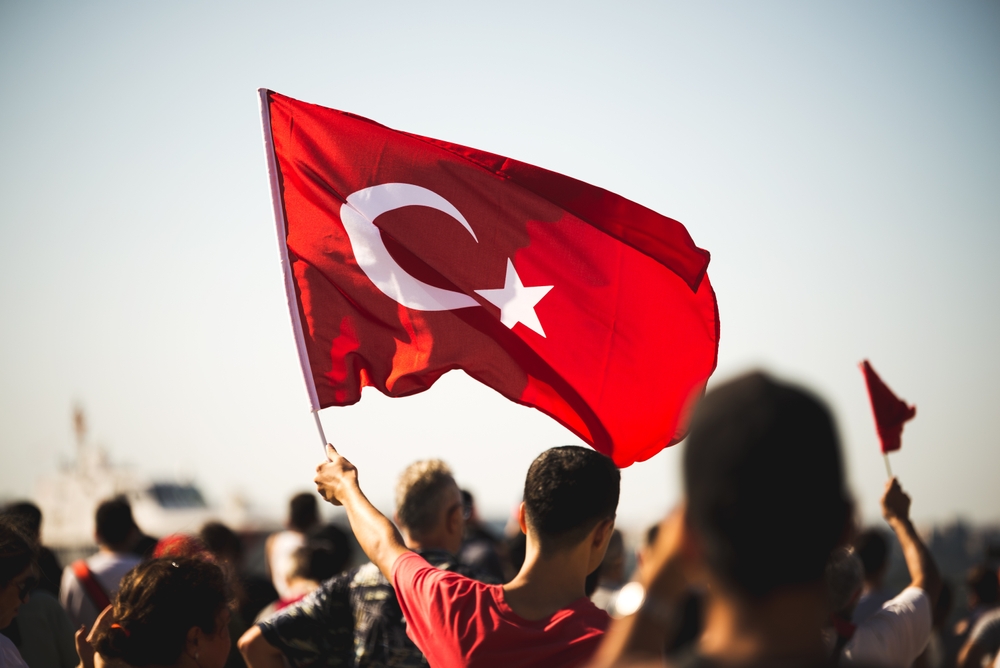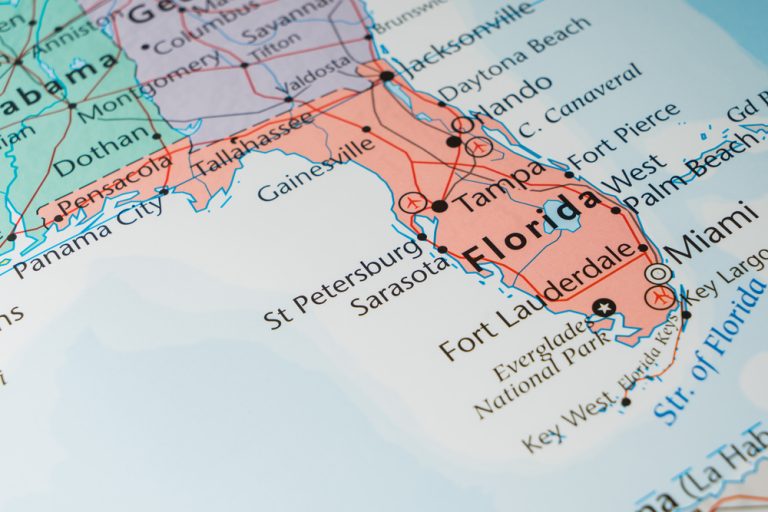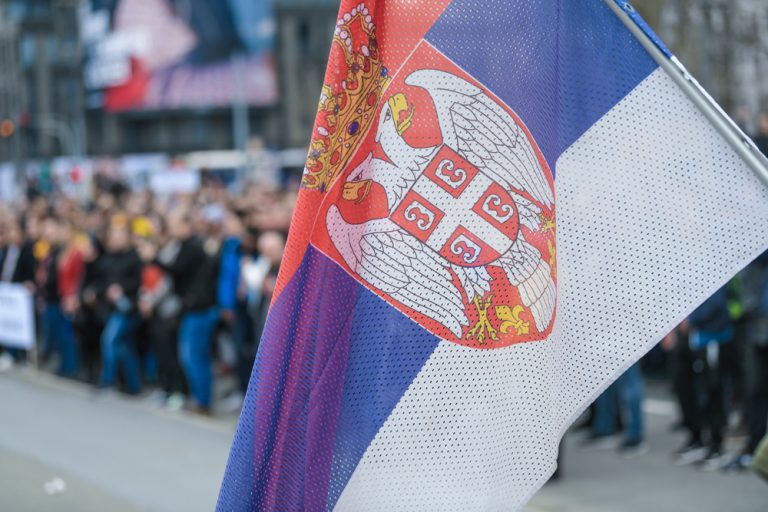
How important and revealing are the election results in Turkey
On May 28, Recep Tayyip Erdoğan, who has led Turkey for 20 years in various capacities, won the second round of the presidential election over his opponent Kemal Kılıçdaroğlu with 52.18%. Given the fact that his People’s Alliance coalition won 323 seats out of 600 in the Turkish parliament, winning a majority, he retained unlimited power over the country for another 5 years, in which he is a democratic dictator and an elected sultan. Even his opponents, while scolding him for making Turkey less secular and free, recognized that his efforts had made the country richer and more influential geopolitically. Not surprisingly, in the decisive vote he felt the full support of the common people, winning 2 million more votes than his rival. Despite constant accusations of the use of administrative resources on his part and the pre-election day hysteria, the opposition failed to make any serious complaints about the organization of the voting and the counting of votes. Erdoğan’s opponents still declared the election unfair because, in their view, the electoral commissions and courts in Turkey are effectively subordinate to the president, freedom of speech is suppressed, and many opposition members are in jail, but it was more of a routine phrase and an act of desperation on their part.
In the first round, Erdoğan was half a percent short of victory, and the situation looked very tense for him. However, it was not uncommon for the winner of the first round to lose in the second round in many countries. Knowing this, the opposition hoped that the restriction of liberal freedoms, the economic turmoil, and the aftermath of the recent catastrophic earthquakes in the southeast would sway undecided voters to their side. But in a country that has traditionally been divided into progressive urban and conservative rural areas, it is not the bored middle-class representatives of a democratic, secular and European-oriented Turkey who have prevailed, but the countryside, where Erdoğan’s key electorate is concentrated. This means that for another 5 years the country will maintain its course of Islamization of public life, strengthening centralization, military power and influence in the world.

The single candidate, the soft, uncharismatic and aged 74-year-old leader of the Republican People’s Party Kemal Kılıçdaroğlu, who also belonged to the Alevi religious minority, also proved to be unfortunate for the opposition, giving Erdoğan additional trump cards to criticize. His chances were initially slim because he had been defeated six times before in similar campaigns. But he, having formed the National Alliance coalition, was vehemently seeking his next nomination. In addition, the main opposition candidate, Istanbul Mayor Ekrem İmamoğlu, could not take part in the elections for objective reasons. He was sentenced to life imprisonment for criticizing the country’s electoral commission, and the appeal against the sentence was deliberately promised to be considered after the presidential election. This situation put an end to his chances. Ankara Mayor Mansur Yavaş, a popular nationalist, also withdrew from the election. Many street protests in major Turkish cities such as Istanbul and Ankara have failed, and liberal youth have not shown the willingness to participate in the street struggle that many of Erdoğan’s opponents in Europe and the United States had hoped for. As a result, Kılıçdaroğlu acknowledged the results of the elections and, despite occasional calls to resign as party leader, promised to continue the fight for democracy in Turkey and called the elections “the most unfair in recent years”. He is likely to bring the opposition another 5 years of failure, acting as a shadow of the successful Erdoğan.
Adding to the legitimacy of Erdogan’s victory was the fact that even before the vote counting was over, and leaders of various countries began to congratulate him confirming his success on the international stage. It is indicative that almost simultaneously Putin and Zelensky, the leaders of the feuding Russia and Ukraine, sent their congratulations. During his presidency, Turkey remains both a NATO member and an EU ally in protecting Europe from an influx of refugees. At the same time, Erdogan is developing ties with the Middle East, his army is fighting in Syria, and he is increasingly cooperating with Russia, especially in gas and nuclear energy. He considers himself a reformer on the scale of Mustafa Kemal Ataturk and the sultans of the Ottoman Empire, and after winning the election he promised tens of thousands of cheering admirers a new “Golden Age”, which until then was considered the rule of the most famous ruler of the Ottoman dynasty, Suleiman the Magnificent. In his speech to the assembled supporters the new old president said that the elections would be a turning point in the modern history of the state, comparable to the capture of Constantinople by the Turks in 1453. Whether this pathetic attitude is excessive or justified, we will know decades from now But in modern Turkish history, Erdoğan remains invincible and undoubtedly a great politician.

